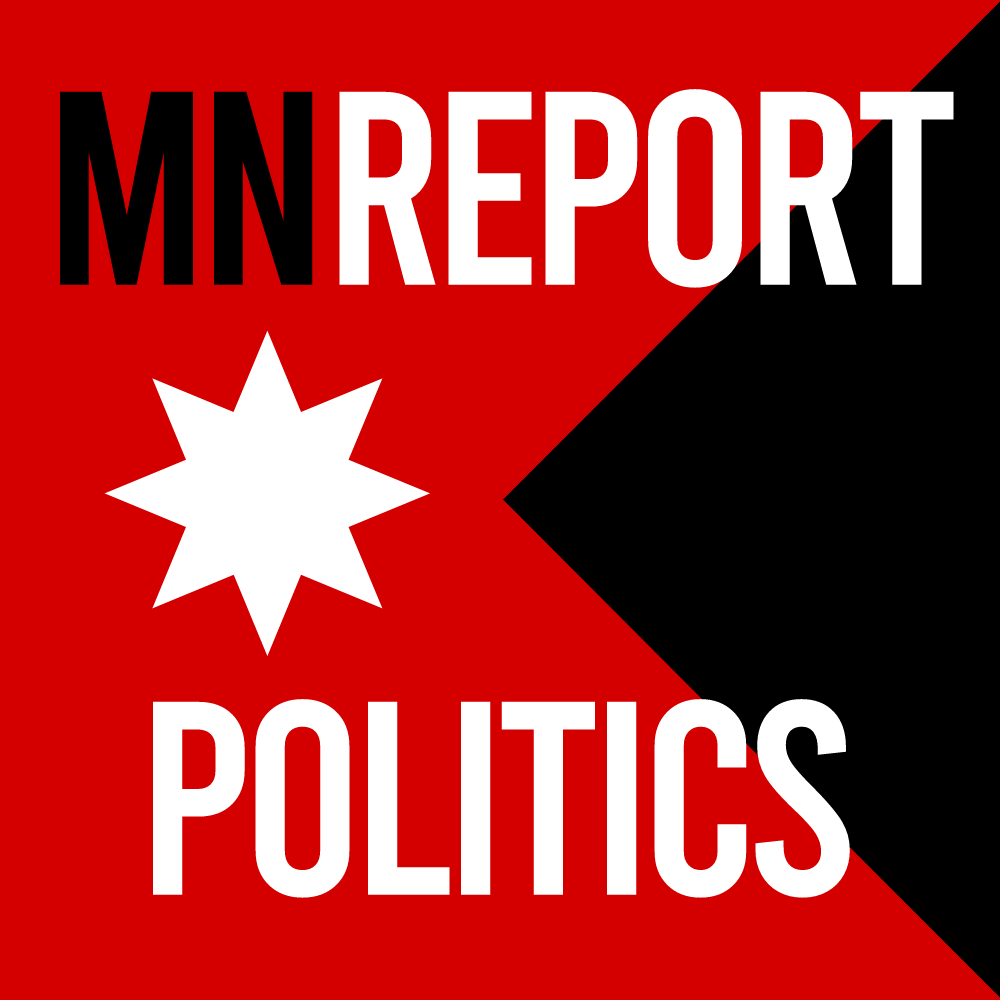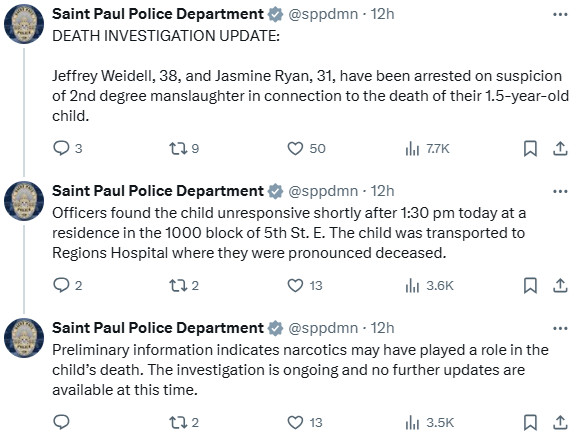ST. PAUL, Minn. — After three weeks of gridlock, Democratic and Republican leaders in the Minnesota House have reached a power-sharing agreement, allowing the chamber to resume normal legislative functions. The deal ends a standoff that had left the House effectively non-operational since the session began on January 14.
Weeks of Deadlock
The stalemate began when Democrats, holding 66 seats, refused to attend House sessions, preventing the chamber from reaching the required quorum of 68 members. With Republicans holding a narrow 67-66 majority, their inability to conduct official business led to growing frustration among lawmakers and the public.
The dispute was further complicated by a vacant seat in a Democratic-leaning district, where a special election is scheduled for March 11. The absence of that representative meant that, until a compromise was reached, neither party could effectively govern.
Minnesota Supreme Court Ruling
The deadlock prompted legal challenges, with House Republicans arguing that their simple majority should be enough to proceed with legislative business. However, the Minnesota Supreme Court ruled in favor of the Democrats, affirming that at least 68 members must be present to conduct official proceedings.
This decision reinforced the need for a negotiated settlement between both parties.
Details of the Agreement
While the full terms of the agreement have not been disclosed, sources indicate that the power-sharing deal includes:
- Committee Leadership Adjustments: Republicans will retain committee chair positions, but Democrats will have greater influence in setting legislative priorities.
- Joint Decision-Making: Both parties have agreed to a more collaborative approach on key issues, ensuring that major legislation is reviewed by bipartisan teams before advancing.
- Procedural Guarantees: To prevent future deadlocks, both sides have reportedly agreed to guidelines ensuring that basic legislative functions can continue, even in the event of close election results.
Implications for the 2025 Legislative Session
With the agreement in place, lawmakers can now move forward on pressing issues, including the state budget, healthcare policy, and public safety reforms. The upcoming special election in March is also expected to shift the balance of power slightly, potentially giving Democrats a functional majority once their candidate is seated.
Republican House Speaker Lisa Demuth called the agreement “a necessary step to get Minnesota moving again,” while Democratic Minority Leader Melissa Hortman described it as “a reasonable compromise that ensures all voices are heard.”
As the legislative session resumes, both parties will face pressure to demonstrate that this agreement can lead to productive governance rather than further political infighting.
Minnesotans will be watching closely to see whether this fragile compromise holds or if another showdown is on the horizon.



